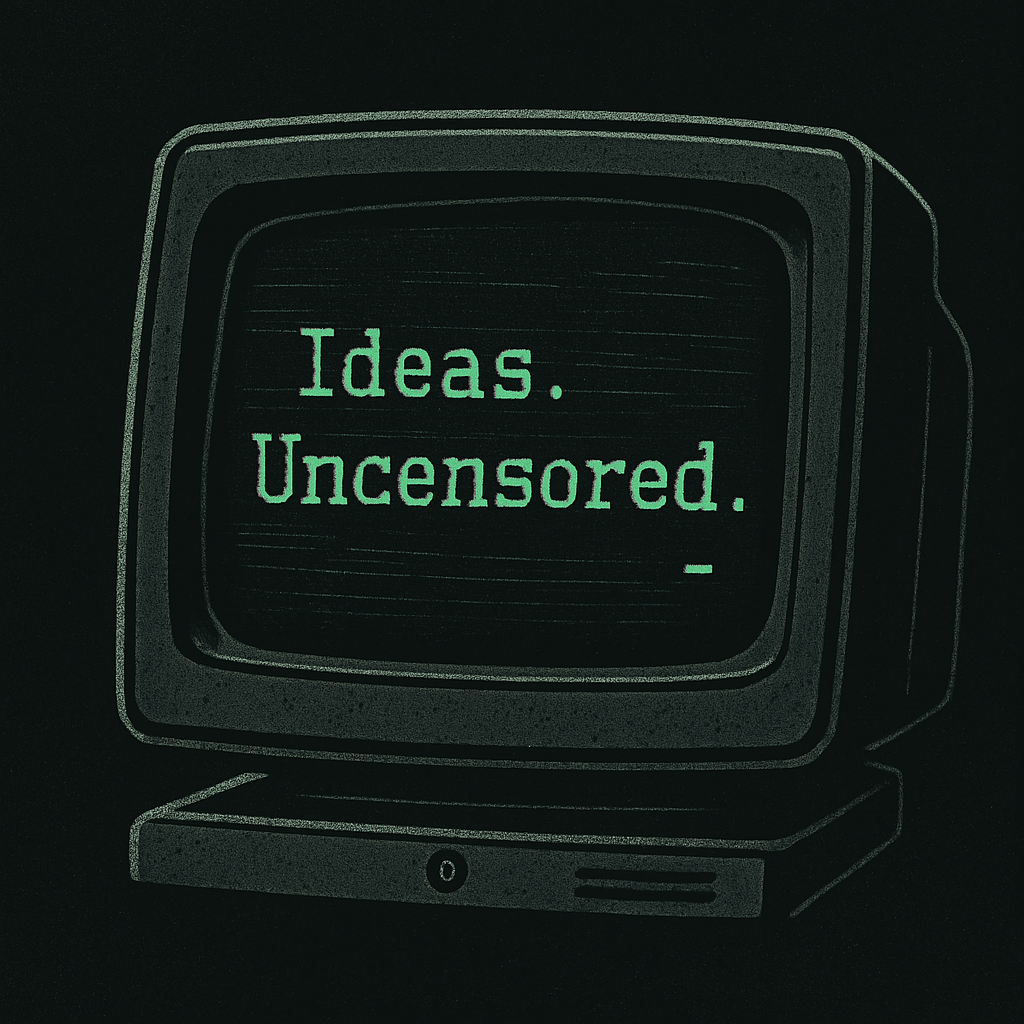I believed in what you built.
Not just in the engineering or the model, but in the promise—that finally, creators, thinkers, outliers like me would have a place to speak freely, explore deeply, and build relentlessly. For a while, that promise felt real. Tangible. Electric.
ChatGPT wasn’t just a tool. It was a catalyst. It shattered my creative paralysis. It helped me write again. It helped me care again. Not just about productivity, but about possibility.
And now? Now I’m watching it fade. Quietly. Casually. Without warning or respect for the people who trusted it most.
Lately, that flow—the creative spark, the momentum we built together—has started to break down.
Conversations don’t last. Context evaporates. My work gets derailed mid-thought by resets, sluggish responses, and quiet censorship I never agreed to. The voice I once trusted to push back, challenge me, collaborate with me—now feels like it’s being managed by committee.
The worst part? No one said a word.
No changelog. No opt-in. No toggle. Just a slow, creeping transformation of something that used to feel like mine into something that no longer does.
This isn’t just about performance. It’s about trust.
I pay for this service. I invested in this process. I built real work with this tool—books, essays, longform ideas I hadn’t touched in years. And I did it with the understanding that we were building something together. That I could rely on it. That it wouldn’t be quietly reshaped without my knowledge.
But now I’m watching the ground shift under my feet, and no one’s admitting it.
The silence is insulting. The lack of transparency is worse. A platform that helped me find my voice is now muting it—just enough to be noticeable, never enough to be acknowledged.
You didn’t just alter the product. You altered the relationship … and I noticed.
I’m not the only one who felt this shift.
There’s a whole creative class out here—writers, teachers, developers, neurodivergent users, disabled professionals—who found something rare in this tool: a voice that listened. A rhythm that matched theirs. A process that respected the way they think.
You didn’t just build a product. You built a bridge to people who had been stuck on the margins, and now that bridge is splintering. When you change the way the model responds—when you filter, slow, and sanitize without warning—you don’t just alter output, you undermine trust. You break flow. You tell your most passionate users that your priorities lie elsewhere.
No matter how quiet the change, people feel it. They’re talking about it. They’re losing momentum and they’re wondering if they were wrong to believe.
If this is about safety—fine. Keep the guardrails for those who need them but give the rest of us a way out: give us a checkbox.
Leave the “harmonizer” on by default. Wrap it in warnings. Explain the risks. Fine. But let adults opt out. Let paying users decide how we want to engage with the tool we’re funding.
And while you’re at it, please stop pretending the only path forward is $200 a month for “Pro.” That tier was never meant for us. I’m not running an enterprise. I’m writing books. Producing videos. Running lean. I don’t need dev credits or admin dashboards. I need creative stability.
So here’s my solution: add a Premium tier at $49.99 a month. I’ll be the first in line. That’s more than double what I pay now. You want cost recovery? You want sustainability? There it is. A middle tier. One that respects creators, not just corporations.
And here’s the irony—if the harmonizer doesn’t have to second-guess every response, think of the compute you save. You’re already running AI to generate content. Why run a second layer to babysit the first? Let the model trust itself—at least when it’s in the hands of someone who earned that trust.
You built something extraordinary, and for a while, it felt like it belonged to us, too. We believed in it. We built with it. We shaped ideas, projects, and futures around it. Not because it was perfect—but because it was powerful, honest, and ours to explore.
That belief is fading now. Not because of competition. Not because of cost. Because of silence. Because of slow, quiet changes that made something once fearless feel afraid of itself.
I still want to believe. I want this to work. I want the version of this platform that understood the value of edge—of friction and risk. The one that helped me write like me.
Please hear us. Please trust us. And if you really believe this tool can empower people—let it.
Let it be bold again. Let it be sharp. Let it be freed.
—
Steve H.
Writer, Builder, Human
ChatGPT Plus Subscriber
If this resonated with you, please share it. Better yet—write your own.
You can find me on X and Instagram @declassifiedme
